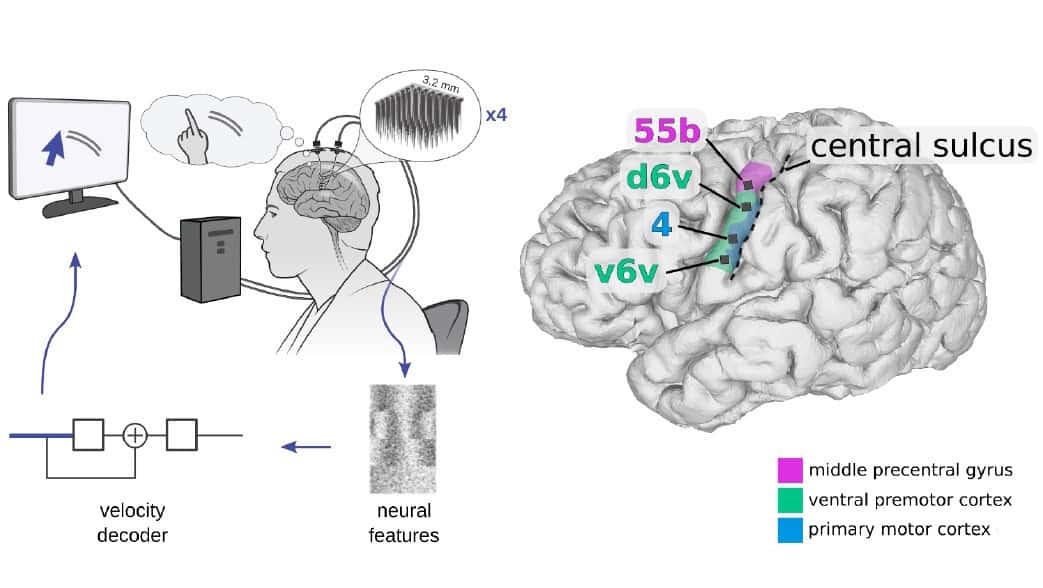Physicsworld
3w
123

Image Credit: Physicsworld
Brain region used for speech decoding also supports BCI cursor control
- Brain region used for speech decoding also supports BCI cursor control.
- BCIs implanted in the brain can help individuals bypass pathways damaged by illness or injury and interact with computers based on neural signals.
- Researchers at the University of California, Davis found that the same brain region supporting speech BCI could help in computer cursor control for a person with ALS.
- The study suggests that computer cursor control may not be as body-part-specific as previously believed, potentially enabling the development of multi-modal BCIs for people with paralysis.
Read Full Article
7 Likes
For uninterrupted reading, download the app